Interview
Climate
Why is the topic of climate adaptation important?
-
Nicolas Bonnet
Member of French Parliament
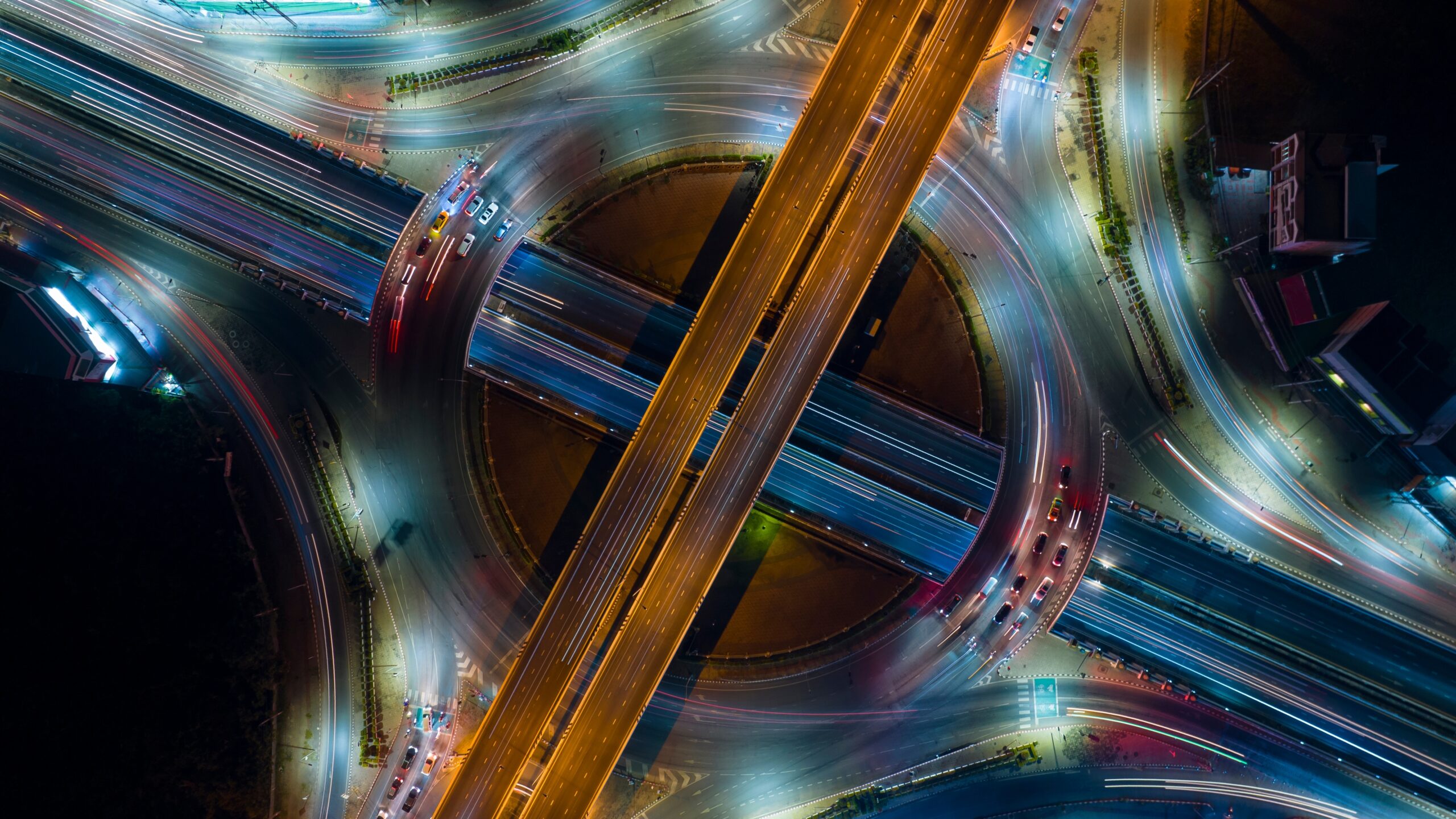
In this interview, Nicolas Bonnet, French Member of Parliament, discusses the issue of climate adaptation.
Why is the topic of climate adaptation important?
Adaptation to climate change is essential today. For a long time, we focused on the fact that climate change was coming and that we had to do everything we could to mitigate it. But today, we can already see the consequences: greenhouse gas emissions are going to cause temperatures to rise, even if we manage to mitigate these emissions significantly.
We need to adapt to the fact that we already know there will be even more extreme phenomena, and that even with maximum mitigation we won't be able to avoid them. Today, we need to adapt our lifestyles. We have many weaknesses and dependencies that must be reduced if we are to continue to have a liveable world in the years to come.
How can we speed up our adaptation to climate change?
We need to speed up the policies being implemented to adapt to climate change. This means making the public aware of the current challenges of adapting to climate change. Some people have already experienced it first-hand, through extreme phenomena such as summer heatwaves in cities or heavy flooding. For others, it's still just something you see on TV, and it's something that happens very occasionally.
People need to be made more aware of these issues, so that they can accept the fact that the public authorities are introducing new laws and standards, and that the population, businesses and civil society as a whole are following suit to adapt to climate change. This means limiting our dependence, making our territories more resilient, and ensuring that our infrastructures can withstand extreme events. We also need to find systems to finance all this, to ensure that our insurance policies evolve, that we go towards better practices in terms of adapting to climate change.
What role can mobility play in climate adaptation?
Adapting to climate change means limiting our dependencies. Today, we are often dependent on modes of transport to get us from where we live to where we work, but also to where we shop or go on vacation. For the time being, everything is based on individuality, with the private car still playing a major role. Tomorrow, to reduce these dependencies, we'll need far more interconnections and the possibility of travelling by public transport (rail, road...). We'll need to ensure that they are durable and resistant to all these climatic hazards, notably by securing our rail and road infrastructures. It would also be good to see that, in extreme conditions, we are able to avoid the need to move around, and therefore to function without having to travel at all.
-
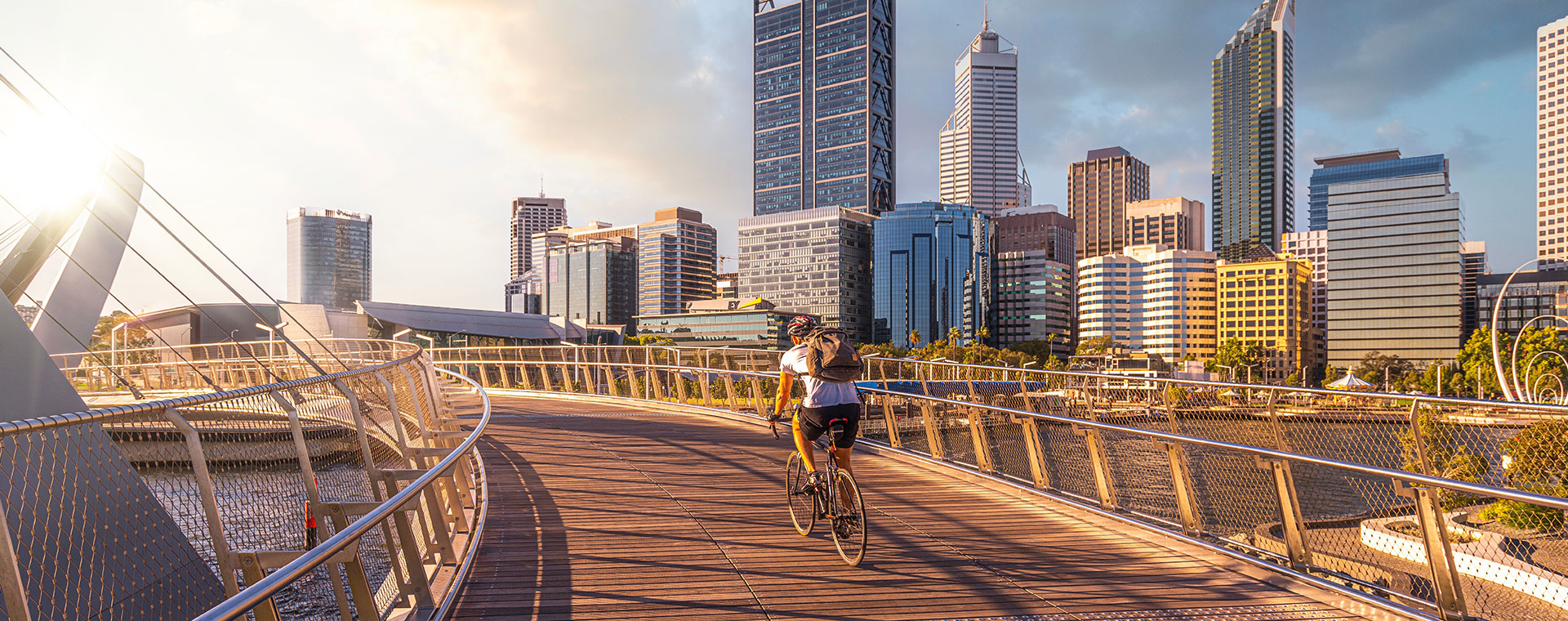 Interview
Design
Interview
Design
Quel rapport entre architecture et mobilité pour nos villes ?
Madeleine Masse, Fondatrice et Présidente Atelier Soil
-
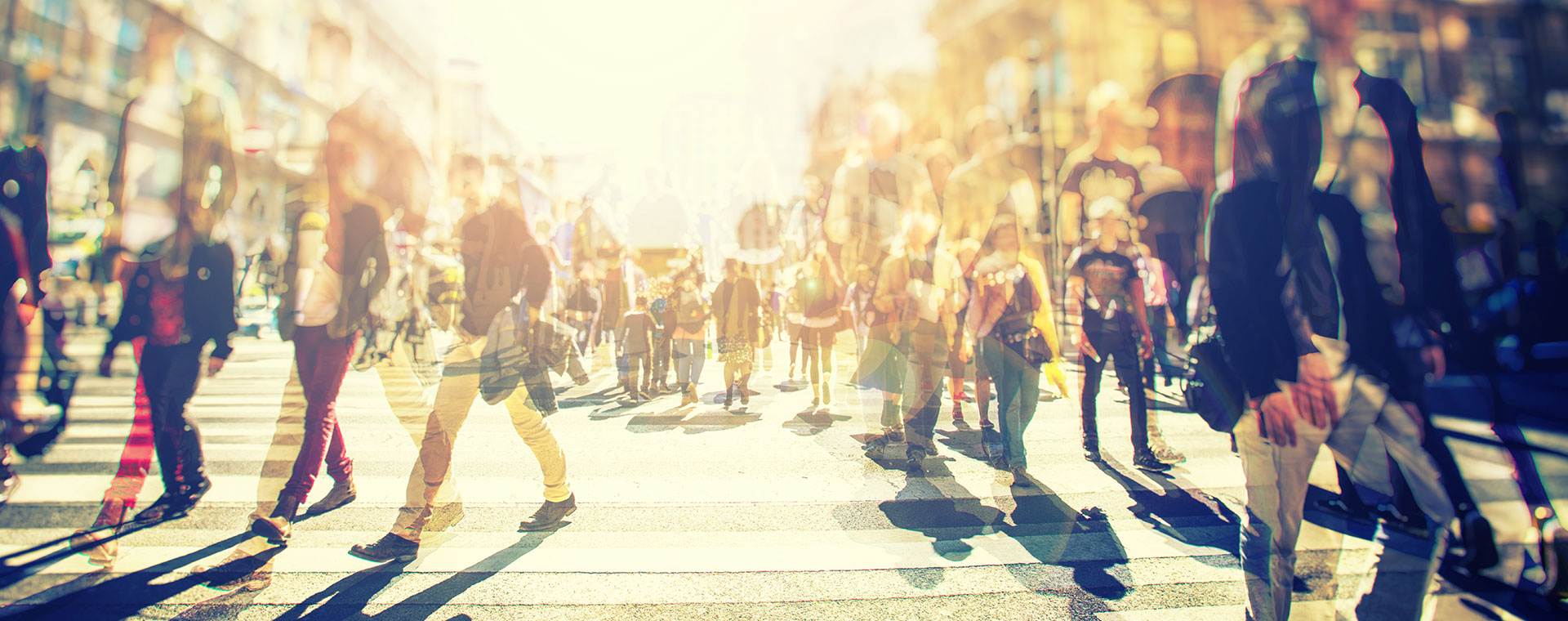 Interview
Design
Interview
Design
Comment les individus peuvent-ils améliorer leur environnement urbain ?
Zeina Nazer, Co-fondatrice de Cities Forum et vice-présidente de ITS UK Road User Charging Forum
-
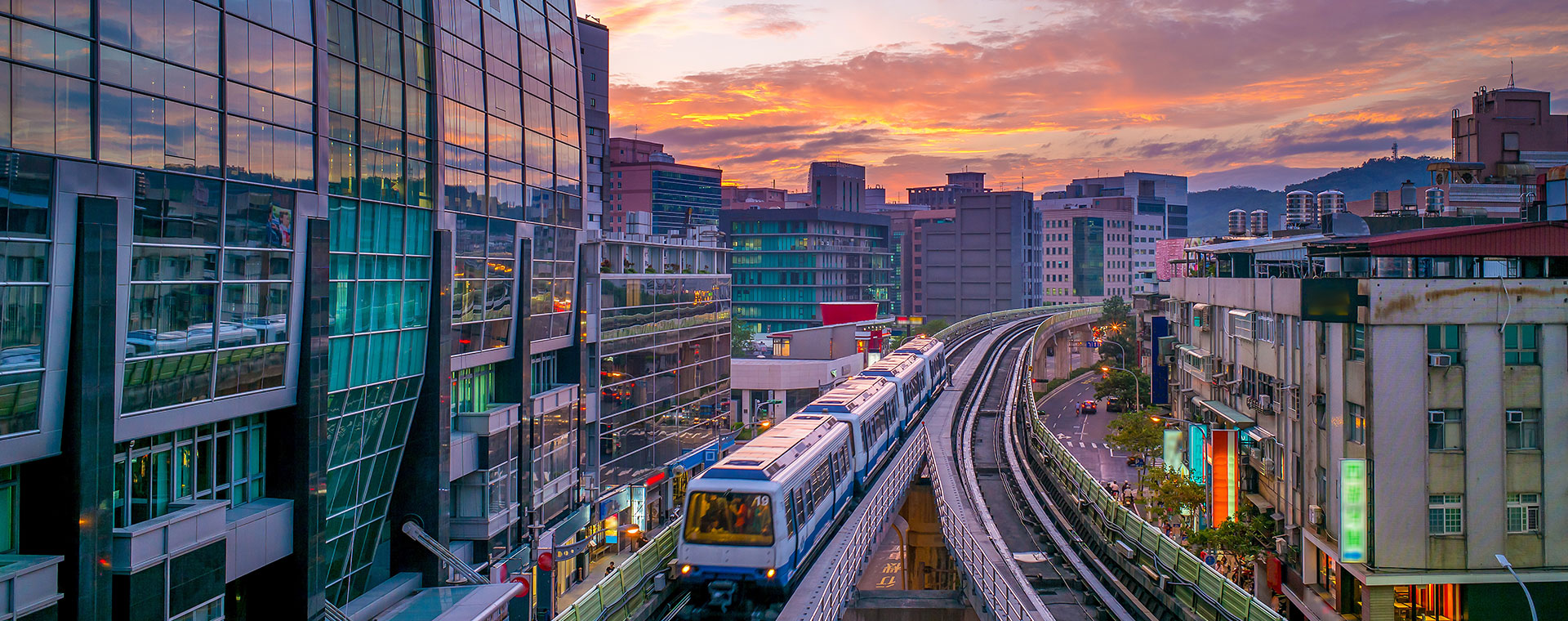 Insights
Design
Insights
Design
Mobilités de demain et design urbain : quelles interactions et quelles interventions des citoyens ?
Edith Maruéjouls, Fondatrice du bureau d'études L'ARObE
Une ville qui pense la question de l’inclusivité, c'est une ville qui réfléchit au statut des femmes et à l'espace “du dehors” -
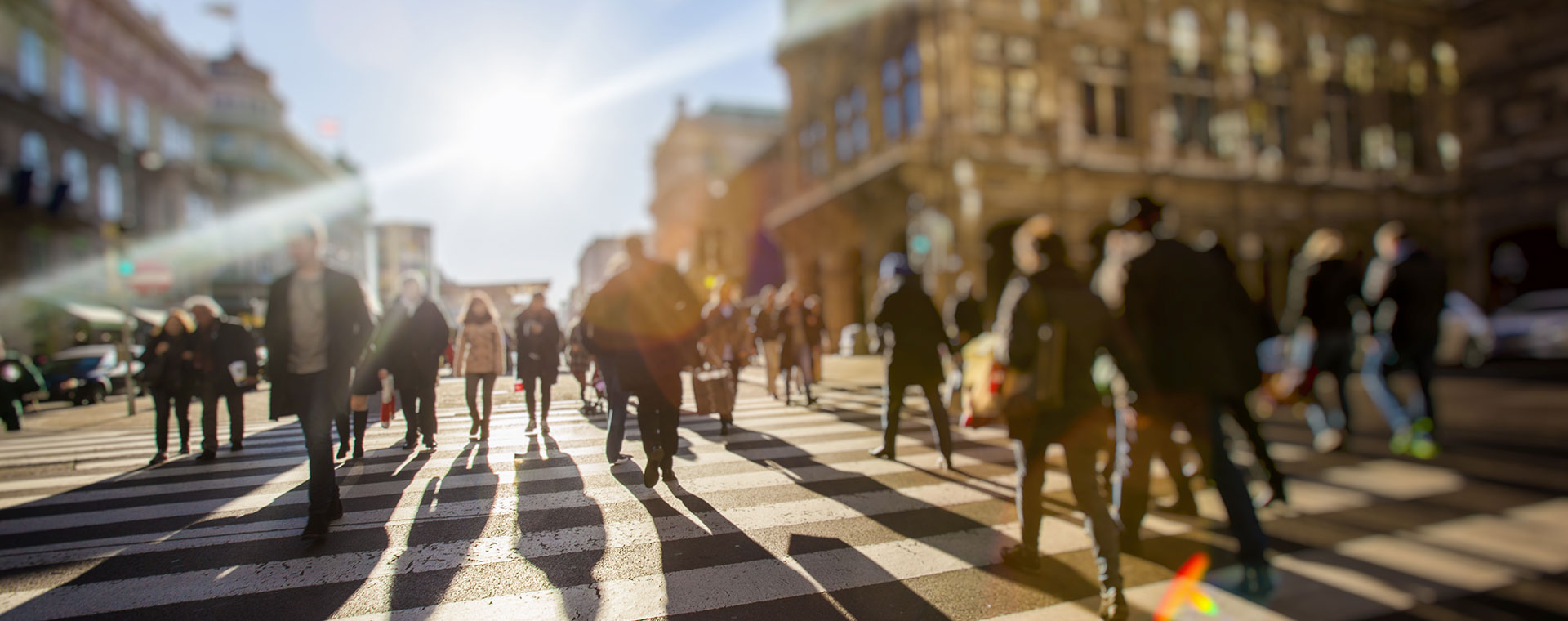 Interview
Design
Interview
Design
Pourquoi l’aménagement urbain est une problématique clé de la mobilité
Boutaïna Araki, Présidente Clear Channel France
-
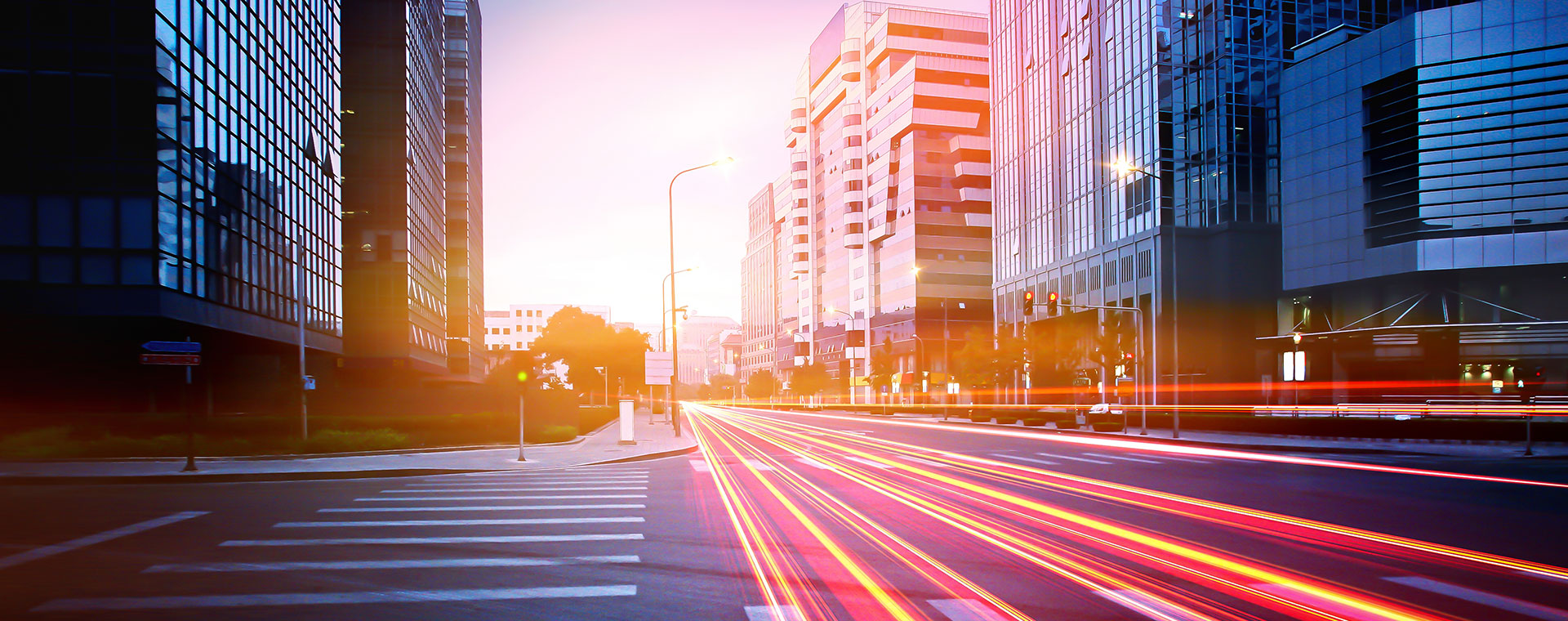 Insights
Voiture
Insights
Voiture
Faut-il bannir les automobiles en ville ?
Brian Caulfield, Professeur en transport et directeur de département au Trinity College de Dublin, Expert auprès de l'Autorité nationale des transports (Irlande)
Les voitures n’auront pas leur place dans les villes de demain


